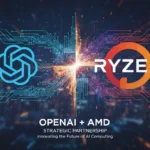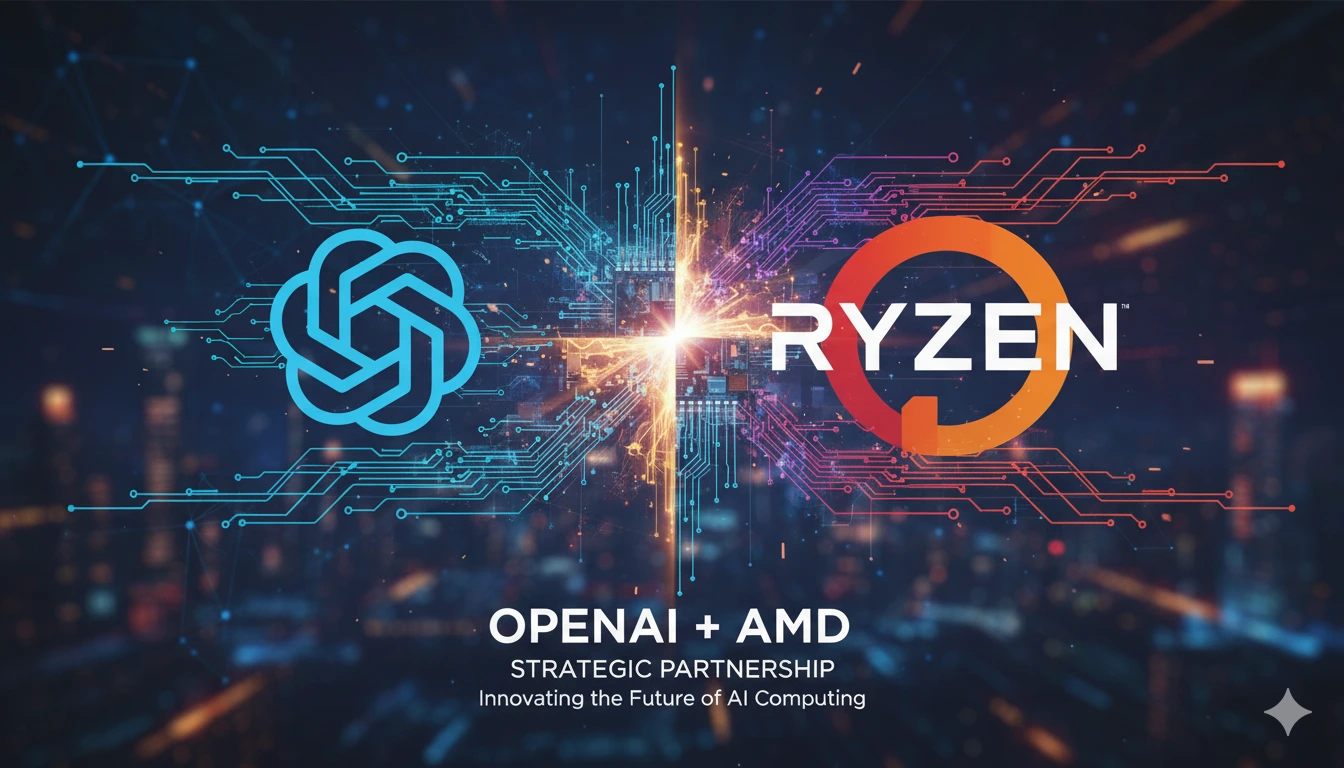The Ultimate Nerd Tax
We’ve all heard some version of it, maybe directed at a bookish friend or even ourselves: “If you’re so smart, why aren’t you rich?” It’s a classic, slightly obnoxious jab that conflates intelligence with financial success. But what happens when you apply this question to one of the most intellectually demanding fields out there—cryptography? Let’s talk about the Elliptic Curve edition of this age-old question.
What on Earth is Elliptic Curve Cryptography?
First, a quick, painless primer. Elliptic Curve Cryptography (ECC) is a super-advanced type of public-key cryptography. Think of it as the secret sauce that secures much of our digital lives. It’s the mathematical foundation behind Bitcoin transactions, the “S” in HTTPS that protects your online banking, and the encryption that keeps your iMessages private. In short, it’s a cornerstone of modern digital security, safeguarding trillions of dollars in value worldwide. Mastering its concepts requires a deep understanding of abstract algebra and number theory. It is, without a doubt, a “very smart” field.
The Great Disconnect: Knowledge vs. Wealth
So, if the people who understand and create these algorithms are securing global finance and communication, why aren’t they all lounging on private islands? The answer lies in a fundamental misunderstanding of how value is created and captured.
Expertise isn’t the Same as Entrepreneurship
Knowing how to design an unbreakable cryptographic algorithm is a completely different skill from building a successful business. An expert cryptographer’s world is one of proofs, theorems, and peer-reviewed papers. An entrepreneur’s world is one of marketing, sales, product-market fit, fundraising, and managing a team. You can be a genius in one and a novice in the other. Building a company that *uses* ECC is where the massive financial upside is, not necessarily in inventing the math behind it.
The “Shoulders of Giants” Principle
Much of the foundational work in cryptography, including ECC, was developed in academic or research settings. The goal was to solve a problem—secure communication—not to get rich. These breakthroughs are often published openly for the benefit of all, becoming the digital infrastructure everyone can build upon. The people who create the foundational layer rarely capture the monetary value created by the applications built on top of it. They are the giants whose shoulders others stand on.

Value is in the Product, Not Just the Formula
Think of it this way: knowing the physics of internal combustion doesn’t make you Henry Ford. Understanding the complex math of an elliptic curve doesn’t make you the creator of Bitcoin. The financial rewards flow to those who package complex technology into a usable, desirable product that solves a real-world problem for millions of people. The true genius of platforms like Signal or WhatsApp isn’t just their use of encryption; it’s their seamless user experience that makes that encryption accessible to everyone.
Final Thoughts
So, why aren’t all elliptic curve experts billionaires? Because the question itself is flawed. It assumes that the only valid reward for intelligence is immense wealth. The reality is that the cryptographers and mathematicians who build these systems are rewarded, often with very comfortable salaries and immense professional respect. But their ultimate contribution isn’t a stock portfolio; it’s a safer, more secure digital world for all of us. And that’s a different, and arguably more profound, kind of richness.




